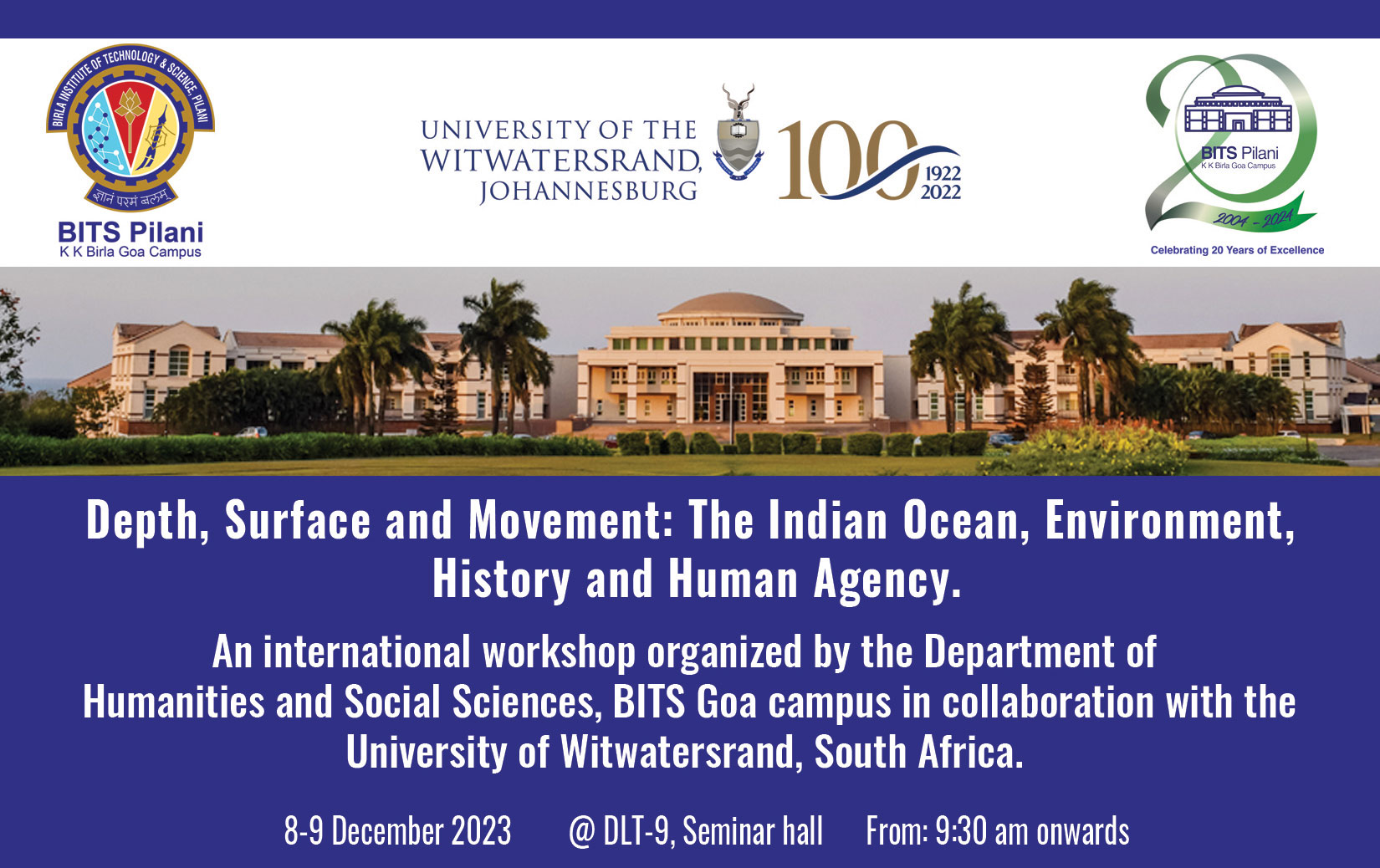- Home
- Academics
- B.E.(Chemical)
- B.E.(Biotechnology)
- B.E.(Civil)
- B.E.(Computer Science)
- B.E. (Electronics and Computer Engineering)
- B.E.(Electrical and Electronics)
- B.E.(Electronics and Communication)
- B.E.(Electronics and Instrumentation)
- B.E.(Manufacturing Engineering)
- B.E.(Mechanical)
- B.Pharm.(Pharmacy)
- M.Sc.(Biological Sciences)
- M.Sc.(Chemistry)
- M.Sc.(Economics)
- M.Sc.(General Studies)
- M.Sc.(Mathematics)
- M.Sc.(Physics)
- B.E. (Mathematics and Computing)
- MBA (Master of Business Administration)
- M.E. Civil – Water Resource Engineering
- M.E.(Electrical with specialization in Power Electronics and Drives)
- MBA (Master of Business Administration)
- MBA (Master of Business Administration in Business Analytics)
- M.E.(Communication Engineering)
- M. E. Computer Science with Specialization in Information Security with B.Sc. input
- M.E. (Mechanical with specialization in Thermal Engineering)
- M.E. Chemical Engineering (with specialization in Petroleum Engineering)
- M.E. Electronics & Control
- M.E. M.Pharm
- M.E.(Biotechnology)
- M.E.(Chemical)
- M.E.(Civil with specialization in Infrastructure Engineering and Management)
- M.E.(Civil with specialization in Structural Engineering)
- M.E.(Civil with specialization in Transportation Engineering)
- M.E.(Computer Science)
- M.E.(Design Engineering)
- M.E.(Embedded Systems)
- M.E.(Manufacturing Systems Engineering)
- M.E.(Mechanical)
- M.E.(Microelectronics)
- M.E. Environmental engineering
- M.E.(Sanitation Science, Technology and Management)
- M.E.(Software Systems)
- M.Pharm.(Pharmaceutical Chemistry)
- M.Pharm.(Pharmaceutics)
- M.Pharm.(Pharmacology)
- M.Pharm.(Pharmacy)
- M.Sc. General Studies – Communication and Media Studies Stream
- Master in Public Health
- MBA(Master of Business Administration In Business Analytics)
- Admission
- Research & Innovation
- Department
- Faculty
- Students
- Events & Festivals
- BITScan
- BITS Embryo
- Picture Gallery
- Convocation 2024
- BITS BEAT
- Student Achievements
- Academic Counseling
- Academic Document/Verification Requests
- Student Facilities
- Student Welfare
- Procedure for Issurance of Duplicate Degree
- Anti Ragging
- Scrutiny of Grades
- Information for Prospective Students
- Prevention of Sexual Harassment
- Clubs & Associations
- Projects
- Picture Gallery
- Convocation 2022 photos
- Convocation 2022 compilation video
- Registration for Degree Collection (2021)
- Registration for Degree Collection (2022)
- Grade card request for on roll students
- Academic Transcript request for On Roll Students
- Duplicate transcripts request for graduated students
- Bonafide/Course Completion/NOC/CGPA Conversion Certificate Request Form
- Migration certificate request
- Academic Verification by external agency
- KHDA attestation request
- WES Evaluation Form
- Fee Payment
- Student Facilities
- Student Welfare Division
- Student Code of Conduct
- Certificate attestation & Apostille Services
- Visa Information
- Student Handbook
- International Students
- BITS Service desk Portal
- CHEM-AZING Workshop
- Shades-The Art Club of BPDC
- Events & Festivals
- BITScan
- Picture Gallery
- Video Gallery
- NIRMAAN - Social Responsibility
- Annual Magazine
- Electronics and Robotics Club (ERC)
- Admissions
- Convocation
- Academic Undergraduate Studies Division (AUGSD)
- Student Welfare Division
- Anti Ragging
- Academic Calendar 2024-25
- Prevention of sexual Harassment
- View Campus
- Campus Facilities
- Academic Bulletin 2022 23
- PMP - A Students’ Initiative
- Alumni


 An Institute of Eminence
An Institute of Eminence








